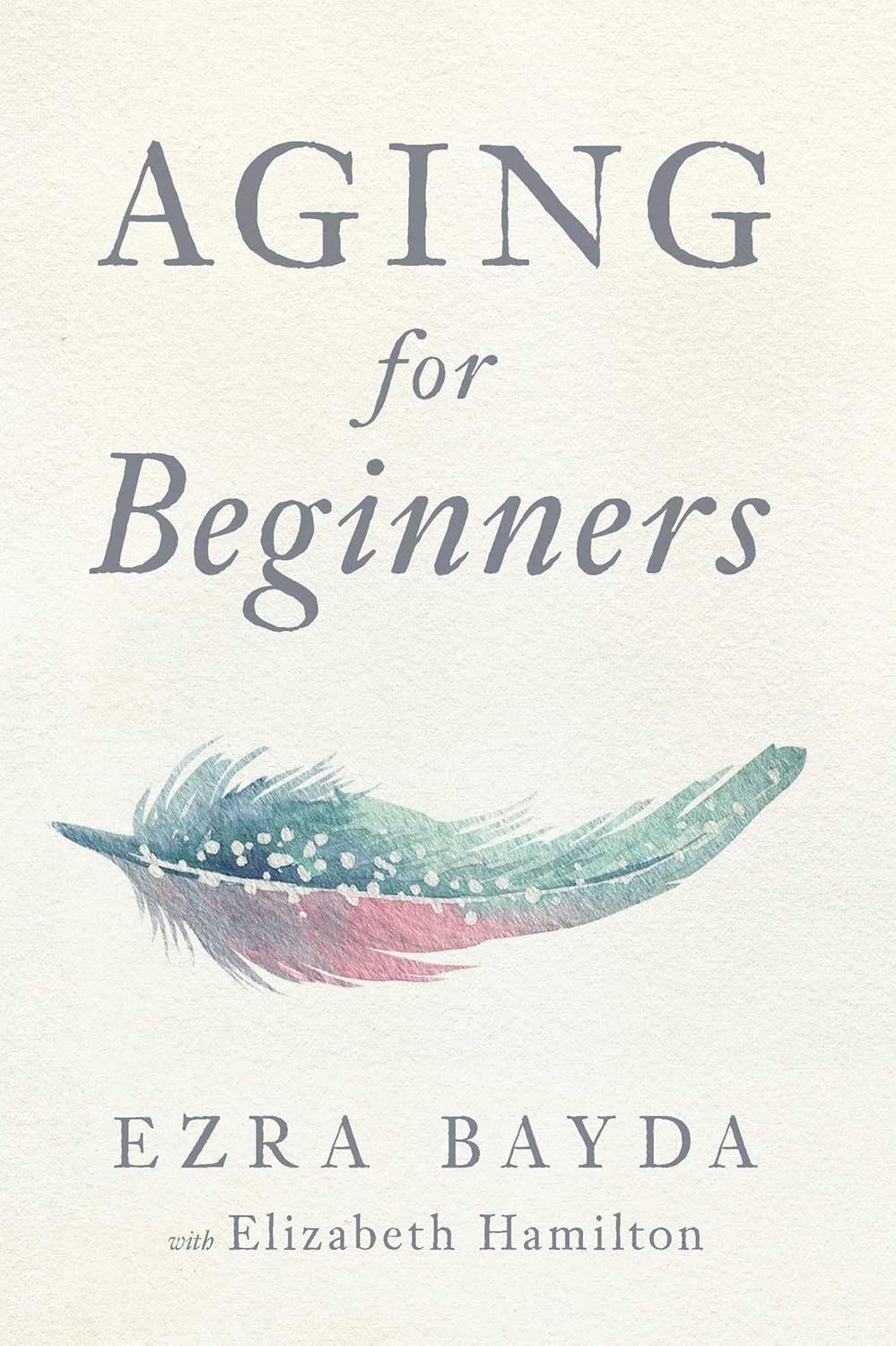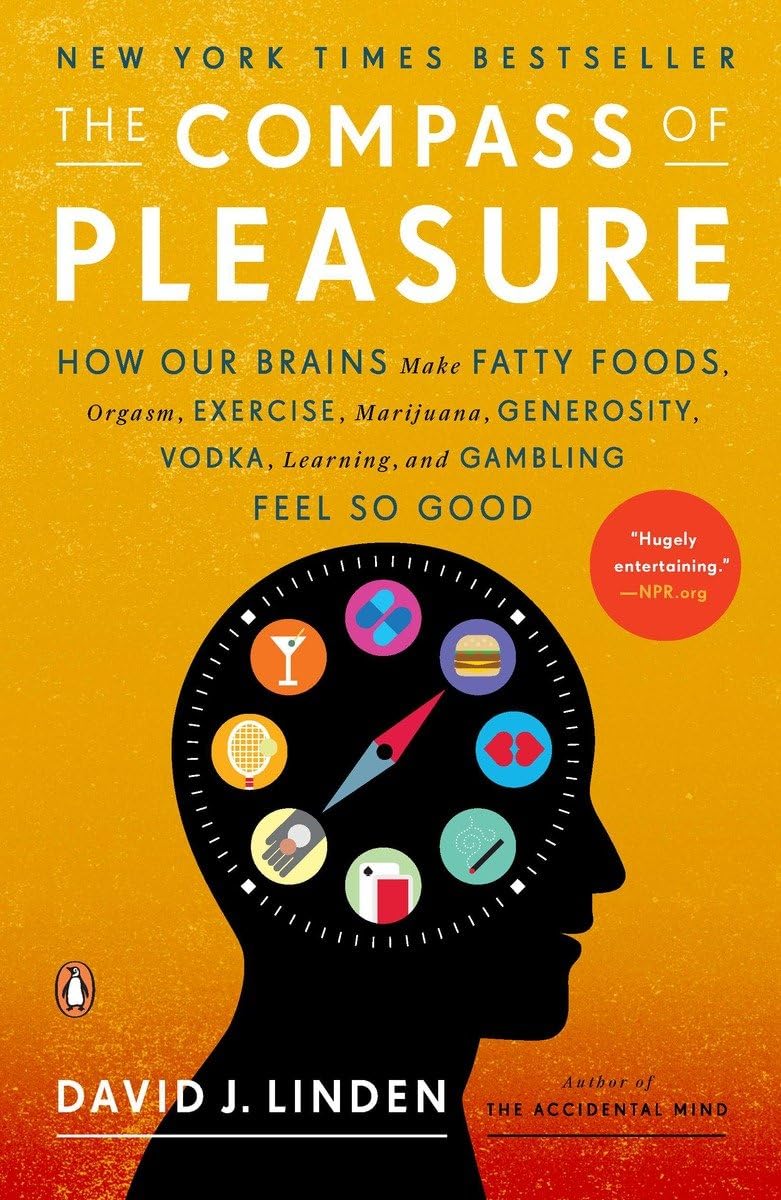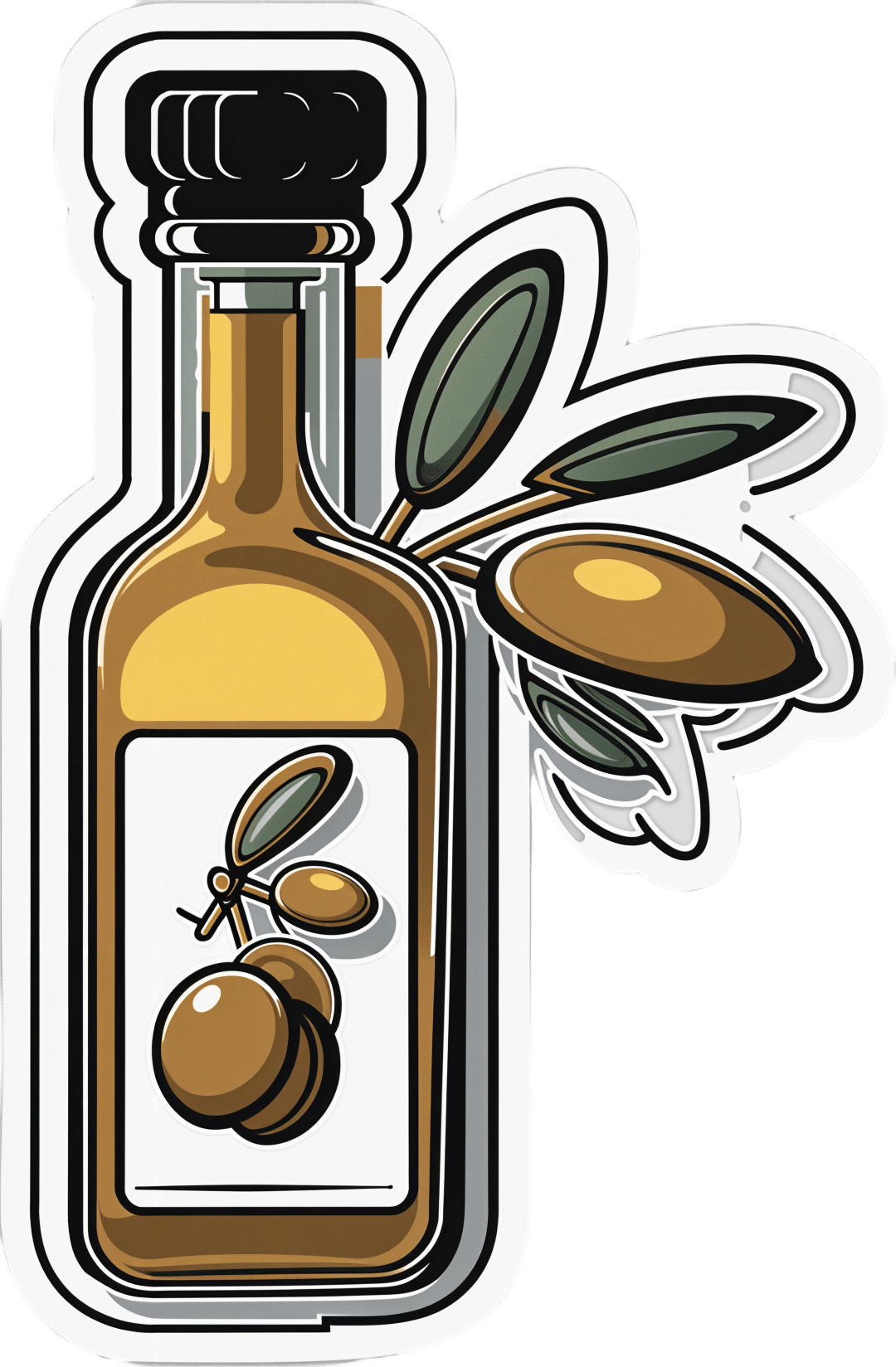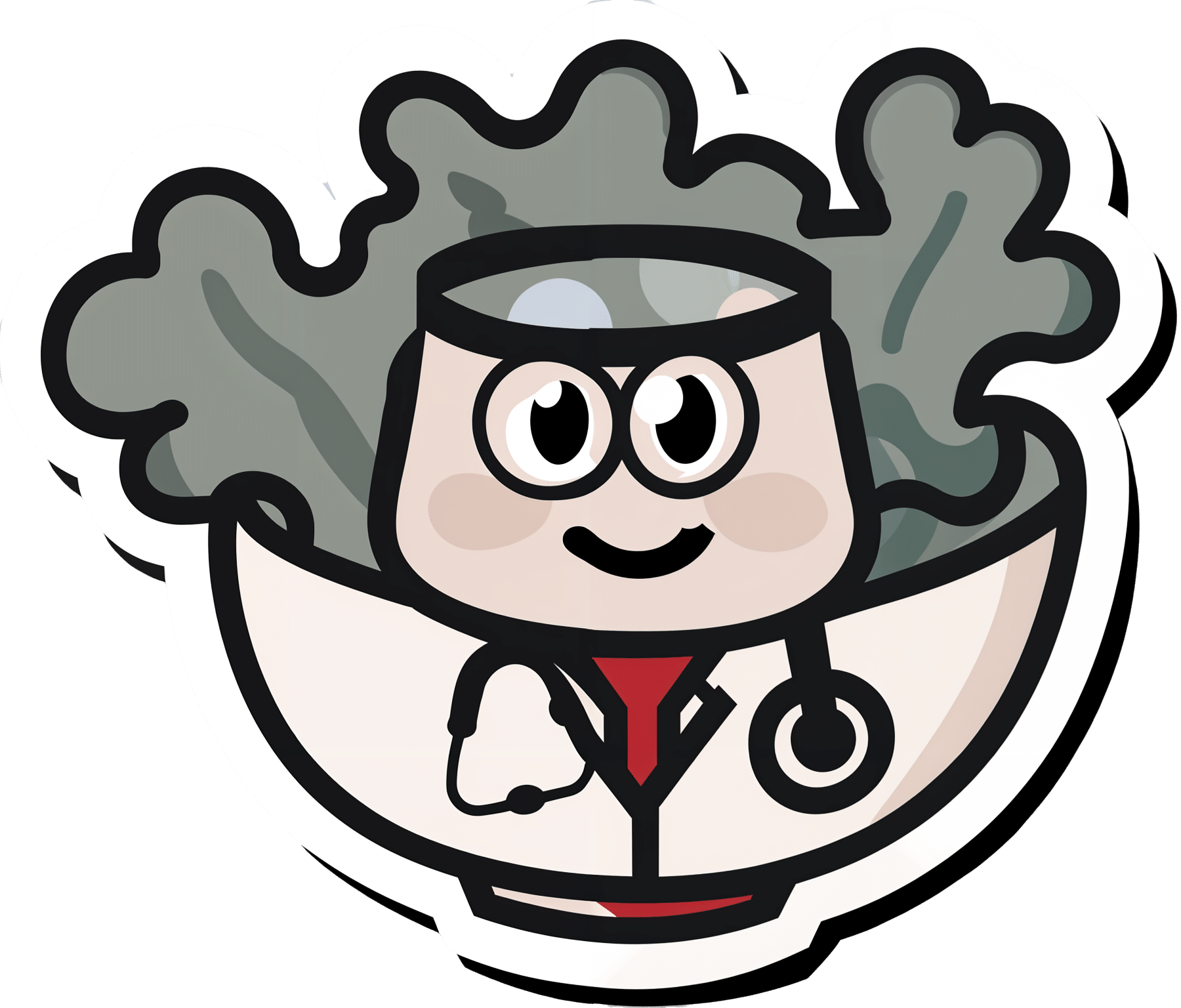
The Kitchen Doctor
10almonds is reader-supported. We may, at no cost to you, receive a portion of sales if you purchase a product through a link in this article.
Dr. Rupy Aujla: The Kitchen Doctor
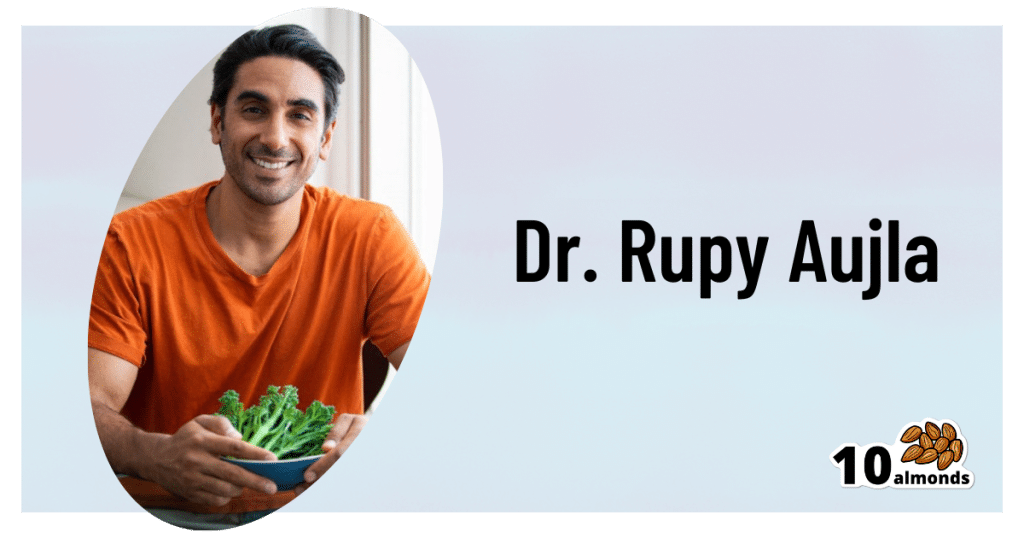
This is Dr. Rupy Aujla, and he’s a medical doctor. He didn’t set out to become a “health influencer”.
But then, a significant heart condition changed his life. Having a stronger motivation to learn more about nutritional medicine, he did a deep dive into the scientific literature, because that’s what you do when your life is on the line, especially if you’re a doctor!
Using what he learned, he was able to reverse his condition using a food and lifestyle approach. Now, he devotes himself to sharing what he learned—and what he continues to learn as he goes along.
One important thing he learned because of what happened to him, was that he hadn’t been paying enough attention to what his body was trying to tell him.
He wants us to know about interoception—which isn’t a Chris Nolan movie. Rather, interoception is the sense of what is going on inside one’s own body.
The counterpart of this is exteroception: our ability to perceive the outside world by means of our various senses.
Interoception is still using the senses, but is sensing internal body sensations. Effectively, the brain interprets and integrates what happens in our organs.
When interoception goes wrong, researchers found, it can lead to a greater likelihood of mental health problems. Having an anxiety disorder, depression, mood disorder, or an eating disorder often comes with difficulties in sensing what is going on inside the body.
Improving our awareness of body cues
Those same researchers suggested therapies and strategies aimed at improving awareness of mind-body connections. For example, mindfulness-based stress reduction, yoga, meditation and movement-based treatments. They could improve awareness of body cues by attending to sensations of breathing, cognitions and other body states.
But where Dr. Aujla puts his focus is “the heart of the home”, the kitchen.
The pleasure of food
❝Eating is not simply ingesting a mixture of nutrients. Otherwise, we would all be eating astronaut food. But food is not only a tool for health. It’s also an important pleasure in life, allowing us to connect to others, the present moment and nature.❞
Dr. Rupy Aujla
Dr. Aujla wants to help shift any idea of a separation between health and pleasure, because he believes in food as a positive route to well-being, joy and health. For him, it starts with self-awareness and acceptance of the sensory pleasures of eating and nourishing our bodies, instead of focusing externally on avoiding perceived temptations.
Most importantly:
We can use the pleasure of food as an ally to healthy eating.
Instead of spending our time and energy fighting the urge to eat unhealthy things that may present a “quick fix” to some cravings but aren’t what our body actually wants, needs, Dr. Aujla advises us to pay just a little more attention, to make sure the body’s real needs are met.
His top tips for such are:
- Create an enjoyable relaxing eating environment
To help cultivate positive emotions around food and signal to the nervous system a shift to food-processing time. Try setting the table with nothing else on it beyond what’s relevant to the dinner, putting away distractions, using your favorite plates, tablecloth, etc.
- Take 3 deep abdominal breaths before eating
To help you relax and ground yourself in the present moment, which in turn is to prepare your digestive system to receive and digest food.
- Pay attention to the way you sit
Take some time to sit comfortably with your feet grounded on the floor, not slouching, to give your stomach space to digest the food.
- Appreciate what it took to bring this food to your plate
Who was involved in the growing process and production, the weather and soil it took to grow the food, and where in the world it came from.
- Enjoy the sensations
When you’re cooking, serving, and eating your food, be attentive to color, texture, aroma and even sound. Taste the individual ingredients and seasonings along the way, when safe and convenient to do so.
- Journal
If you like journaling, you can try adding a mindful eating section to that. Ask questions such as: “how did I feel before, during, and after the meal?”
In closing…
Remember that this is a process, not only on an individual level but as a society too.
Oftentimes it’s hard to eat healthily… We can be given to wonder even “what is healthy, after all?”, and we can be limited by what is available, what is affordable, and what we have time to prepare.
But if we make a conscious commitment to make the best choices we reasonably can as we go along, then small changes can soon add up.
Interested in what kind of recipes Dr. Aujla goes for?
Don’t Forget…
Did you arrive here from our newsletter? Don’t forget to return to the email to continue learning!
Recommended
Learn to Age Gracefully
Join the 98k+ American women taking control of their health & aging with our 100% free (and fun!) daily emails:
-
3 Things Everyone Over 50 Must Do Daily for Healthy Feet
10almonds is reader-supported. We may, at no cost to you, receive a portion of sales if you purchase a product through a link in this article.
Will Harlow, the over-50s specialist physio, wants you to be on a good footing:
Daily steps in the right direction
The three daily exercises recommended in the video are:
Exercise 1: Towel Scrunch
The towel scrunch exercise strengthens the flexor muscles in the feet, improving balance and improving contact with the ground. To do this exercise, sit on a chair with a towel placed on the floor beneath your toes while keeping your heels on the ground. Use only your toes to pull the towel toward your heel, scrunching it up as much as possible. This movement strengthens the arch of the foot and can help alleviate symptoms of flat feet. For best results, practice this exercise for 2–3 minutes once or twice daily. Once you’ve got the hand of doing it sitting, do it while standing.
Exercise 2: Big Toe Extension
Big toe extension is an essential exercise for maintaining foot mobility and improving walking kinesthetics by preventing stiffness in the big toe. To do this exercise, keep your foot flat on the floor and try to lift only your big toe while keeping the four other toes firmly pressed down. To be clear, we mean under its own power; not using your hands to help. Many people find this difficult initially, but it’s due to a loss of neural connection rather than muscle strength, so with practice, the ability to isolate the movement improves quite quickly. Perform 10 repetitions in a row, three times per day, for optimal benefits. Once you’ve got the hand of doing it sitting, do it while standing.
Exercise 3: Calf Stretch
The calf stretch is an important exercise for maintaining foot health by preventing tight calves, which can contribute to issues like plantar fasciitis and Morton’s neuroma. To do this stretch, place your hands against a wall for support and extend one leg straight behind you while keeping your other heel firmly on the floor. The front knee should be bent while the back leg remains straight, creating a stretch in the calf. Hold this position for 30 seconds (building up to that, if necessary). Since the effectiveness of stretching comes from frequency rather than duration, this stretch should be performed three to four times per day for the best results.
For more on each of these, plus visual demonstrations, enjoy:
Click Here If The Embedded Video Doesn’t Load Automatically!
Want to learn more?
You might also like to read:
Steps For Keeping Your Feet A Healthy Foundation ← this one’s about general habits, not exercises
Take care!
Share This Post
-
Perfectionism, And How To Make Yours Work For You
10almonds is reader-supported. We may, at no cost to you, receive a portion of sales if you purchase a product through a link in this article.
Harness The Power Of Your Perfectionism
A lot of people see perfectionism as a problem—and it can be that!
We can use perfectionism as a would-be shield against our fear of failure, by putting things off until we’re better prepared (repeat forever, or at least until the deadliniest deadline that ever deadlined), or do things but really struggle to draw a line under them and check them off as “done” because we keep tweaking and improving and improving… With diminishing returns (forever). So, that’s not helpful.
But, if we’re mindful, we can also leverage our perfectionism to our benefit.
Great! How?
First we need to be able to discern the ways in which perfectionism can be bad or good for us. Or as it’s called in psychology, ways in which our perfectionism can be maladaptive or adaptive.
- Maladaptive: describing a behavioral adaptation to our environment—specifically, a reactive behavioral adaptation that is unhealthy and really is not a solution to the problem at hand
- Adaptive: describing a behavioral adaptation to our environment—specifically, a responsive behavioral adaptation that is healthy and helps us to thrive
So in the case of perfectionism, one example for each might be:
- Maladaptive: never taking up that new hobby, because you’re just going to suck at it anyway, and what’s the point if you’re not going to excel? You’re a perfectionist, and you don’t settle for anything less than excellence.
- Adaptive: researching the new hobby, learning the basics, and recognizing that even if the results are not immediately perfect, the learning process can be… Yes, even with mistakes along the way, for they too are part of learning! You’re a perfectionist, and you’re going to be the best possible student of your new hobby.
Did you catch the key there?
When it comes to approaching things we do in life—either because we want to or because we must—there are two kinds of mindset: goal-oriented, and task-oriented.
Broadly speaking, each has their merits, and as a general topic, it’s beyond the scope of today’s main feature. Here we’re looking at it in the context of perfectionism, and in that frame, there’s a clear qualitative difference:
- The goal-oriented perfectionist will be frustrated to the point of torment, at not immediately attaining the goal. Everything short of that will be a means to an end, at best. Not fun.
- The task-oriented perfectionist will take joy in going about the task in the best way possible, and optimizing their process as they go. The journey itself will be rewarding and a tangible product of their consistent perfectionism.
The good news is: you get to choose! You’re not stuck in a box.
If you’re thinking “I’m a perfectionist and I’m generally a goal-oriented person”, that’s fine. You’re just going to need to reframe your goals.
- Instead of: my goal is to be fluent in Arabic
- …so you never speak it, because to err is human, all too human, and you’re a perfectionist, so you don’t want that!
- Let’s try: my goal is to study Arabic for at least 15 minutes per day, every day, without fail, covering at least some new material each time, no matter how small the increase
- …and then you go and throw yourself into conversation way out of your depth, make mistakes, and get corrections, because that’s how you learn, and you’re a perfectionist, so you want that!
This goes for any field of expertise, of course.
- If you want to play the violin solo in Carnegie Hall, you have to pick up your violin and practice each day.
- If you want to be a world-renowned pastry chef, you have to make a consistent habit of baking.
- If you want to write a bestselling book, you have to show up at your keyboard.
Be perfect all you want, but be the perfect student.
And as your skills grow, maybe you’ll upgrade that to also being the perfect practitioner, and perhaps later still, the perfect teacher.
But just remember:
Perfection comes not from the end goal (that would be backwards thinking!) but from the process (which includes mistakes; they’re an important part of learning; embrace them and grow!), so perfect that first.
Share This Post
-
The Dark Side Of Memory (And How To Make Your Life Better)
10almonds is reader-supported. We may, at no cost to you, receive a portion of sales if you purchase a product through a link in this article.
How To Stop Revisiting Those Memories
We’ve talked before about putting the brakes on negative thought spirals (and that’s a really useful technique, so if you weren’t with us yet for that one, we do recommend hopping back and reading it!).
We’ve also talked about optimizing memory, to include making moments unforgettable.
But what about the moments we’d rather forget?
First, a quick note: we have no pressing wish or need to re-traumatize any readers, so if you’ve a pressing reason to think your memories you’d rather forget are beyond the scope of a few hundred words “one quick trick” in a newsletter, feel free to skip this section today.
One more quick note: it is generally not considered healthy to repress important memories. Some things are best worked through consciously in therapy with a competent professional.
Today’s technique is more for things in the category of “do you really need to keep remembering that one time you did something embarrassing 20 years ago?”
That said… sometimes, even when it does come to the management of serious PTSD, therapy can (intentionally, reasonably) throw in the towel on processing all of something big, and instead seek to simply look at minimizing its effect on ongoing life. Again, that’s best undertaken with a well-trained professional, however.
For more trivial annoyances, meanwhile…
Two Steps To Forgetting
The first step:
You may remember that memories are tied to the senses, and the more senses are involved, the more easily and fully we remember a thing. To remember something, therefore, we make sure to pay full attention to all the sensory experience of the memory, bringing in all 5 senses if possible.
To forget, the reverse is true. Drain the memory of color, make it black and white, fuzzier, blurrier, smaller, further away, sterile, silent, gone.
You can make a habit of doing this automatically whenever your unwanted memory resurfaces.
The
secondmissing step:This is the second step, but it’s going to be a missing step. Memories, like paths in a forest, are easier to access the more often we access them. A memory we visit every day will have a well-worn path, easy to follow. A memory we haven’t visited for decades will have an overgrown, sometimes nearly impossible-to-find path.
To labor the metaphor a little: if your memory has literal steps leading to it, we’re going to remove one of the steps now, to make it very difficult to access accidentally. Don’t worry, you can always put the step back later if you want to.
Let’s say you want to forget something that happened once upon a time in a certain workplace. Rather than wait for the memory in question to come up, we’re going to apply the first step that we just learned, to the entire workplace.
So, in this example, you’d make the memory of that workplace drained of color, made black and white, fuzzier, blurrier, smaller, further away, sterile, silent, gone.
Then, you’d make a habit of doing that whenever that workplace nearly comes to mind.
The result? You’re unlikely to accidentally access a memory that occurred in that workplace, if even mentally wandering to the workplace itself causes it to shrivel up and disappear like paper in fire.
Important reminder
The above psychological technique is to psychological trauma what painkillers are to physical pain. It can ease the symptom, while masking the cause. If it’s something serious, we recommend enlisting the help of a professional, rather than “self-medicating” in this fashion.
If it’s just a small annoying thing, though, sometimes it’s easier to just be able to refrain from prodding and poking it daily, forget about it, and enjoy life.
Share This Post
Related Posts
-
Aging For Beginners – by Ezra Bayda & Elizabeth Hamilton
10almonds is reader-supported. We may, at no cost to you, receive a portion of sales if you purchase a product through a link in this article.
This one’s not about how to avoid aging, but rather, how to be at peace with whatever aging may be happening, perhaps despite our best efforts.
The book is dedicated:
❝To all the starving and suffering children throughout the world, with the wish that they may someday have the opportunity to experience the life of a contented geriatric❞
It’s a stark reminder that old age is a privilege that many do not get to enjoy, thanks to poverty, disease, wars, and accidents and incidents along the way.
So, how to go about making the very most of what we have, for those of us who are perhaps going gray in a comfortable, safe environment?
The answer may surprise you: the authors tackle things head-on without dressing old age up in euphemisms or platitudes—they cover not just the physical decline that typically occurs eventually, but also the impact of the physical pain that this may bring, the way this may play into loneliness and helplessness, and perhaps anxiety and/or depression. And, of course, the topic of grief and loss, that for most of us becomes all the more part of our lives as we get older. For that matter, our own mortality is also something the authors come back to from start to finish.
Thus, this is not necessarily a cheerful book—but it gives the tools such that we can be cheerful about life in general, in the face of all the aforementioned things, without pretending that things that are not good are good, just, making our peace with what is, and making the most out of what we have.
The authors are Zen teachers with decades of experience, and this book is heavily influenced by Zen principles. And yes, it does teach meditation too, but that’s just one tool in the toolbox.
The style is deep and yet very readable, heavy of tone and at the same time inspiring of lightness of heart.
Bottom line: if you’d like to worry less about aging (while still doing all you want to stay young), this book can certainly help with that.
Click here to check out Aging For Beginners, and be at peace with yourself.
Don’t Forget…
Did you arrive here from our newsletter? Don’t forget to return to the email to continue learning!
Learn to Age Gracefully
Join the 98k+ American women taking control of their health & aging with our 100% free (and fun!) daily emails:
-
The Compass of Pleasure – by Dr. David Linden
10almonds is reader-supported. We may, at no cost to you, receive a portion of sales if you purchase a product through a link in this article.
There are a lot of books about addiction, so what sets this one apart?
Mostly, it’s that this one maintains that addiction is neither good nor bad per se—just, some behaviors and circumstances are. Behaviors and circumstances caused, directly or indirectly, by addiction.
But, Dr. Linden argues, not every addiction has to be so. Especially behavioral addictions; the rush of dopamine one gets from a good session at the gym or learning a new language, that’s not a bad thing, even if they can fundamentally be addictions too.
Similarly, we wouldn’t be here as a species without some things that rely on some of the same biochemistry as addictions; orgasms and eating food, for example. Yet, those very same urges can also inconvenience us, and in the case of foods and other substances, can harm our health.
In this book, the case is made for shifting our addictive tendencies to healthier addictions, and enough information is given to help us do so.
Bottom line: if you’d like to understand what is going on when you get waylaid by some temptation, and how to be tempted to better things, this book can give the understanding to do just that.
Click here to check out The Compass of Pleasure, and make yours work in your favor!
Don’t Forget…
Did you arrive here from our newsletter? Don’t forget to return to the email to continue learning!
Learn to Age Gracefully
Join the 98k+ American women taking control of their health & aging with our 100% free (and fun!) daily emails:
-
I can’t afford olive oil. What else can I use?
10almonds is reader-supported. We may, at no cost to you, receive a portion of sales if you purchase a product through a link in this article.
If you buy your olive oil in bulk, you’ve likely been in for a shock in recent weeks. Major supermarkets have been selling olive oil for up to A$65 for a four-litre tin, and up to $26 for a 750 millilitre bottle.
We’ve been hearing about the health benefits of olive oil for years. And many of us are adding it to salads, or baking and frying with it.
But during a cost-of-living crisis, these high prices can put olive oil out of reach.
Let’s take a look at why olive oil is in demand, why it’s so expensive right now, and what to do until prices come down.
Joyisjoyful/Shutterstock Remind me, why is olive oil so good for you?
Including olive oil in your diet can reduce your risk of developing type 2 diabetes and improve heart health through more favourable blood pressure, inflammation and cholesterol levels.
This is largely because olive oil is high in monounsaturated fatty acids and polyphenols (antioxidants).
Some researchers have suggested you can get these benefits from consuming up to 20 grams a day. That’s equivalent to about five teaspoons of olive oil.
Why is olive oil so expensive right now?
A European heatwave and drought have limited Spanish and Italian producers’ ability to supply olive oil to international markets, including Australia.
This has been coupled with an unusually cold and short growing season for Australian olive oil suppliers.
The lower-than-usual production and supply of olive oil, together with heightened demand from shoppers, means prices have gone up.
We’ve seen unfavourable growing conditions in Europe and Australia. KaMay/Shutterstock How can I make my olive oil go further?
Many households buy olive oil in large quantities because it is cheaper per litre. So, if you have some still in stock, you can make it go further by:
- storing it correctly – make sure the lid is on tightly and it’s kept in a cool, dark place, such as a pantry or cabinet. If stored this way, olive oil can typically last 12–18 months
- using a spray – sprays distribute oil more evenly than pourers, using less olive oil overall. You could buy a spray bottle to fill from a large tin, as needed
- straining or freezing it – if you have leftover olive oil after frying, strain it and reuse it for other fried dishes. You could also freeze this used oil in an airtight container, then thaw and fry with it later, without affecting the oil’s taste and other characteristics. But for dressings, only use fresh oil.
I’ve run out of olive oil. What else can I use?
Here are some healthy and cheaper alternatives to olive oil:
- canola oil is a good alternative for frying. It’s relatively low in saturated fat so is generally considered healthy. Like olive oil, it is high in healthy monounsaturated fats. Cost? Up to $6 for a 750mL bottle (home brand is about half the price)
- sunflower oil is a great alternative to use on salads or for frying. It has a mild flavour that does not overwhelm other ingredients. Some studies suggest using sunflower oil may help reduce your risk of heart disease by lowering LDL (bad) cholesterol and raising HDL (good) cholesterol. Cost? Up to $6.50 for a 750mL bottle (again, home brand is about half the price)
- sesame oil has a nutty flavour. It’s good for Asian dressings, and frying. Light sesame oil is typically used as a neutral cooking oil, while the toasted type is used to flavour sauces. Sesame oil is high in antioxidants and has some anti-inflammatory properties. Sesame oil is generally sold in smaller bottles than canola or sunflower oil. Cost? Up to $5 for a 150mL bottle.
There are plenty of alternative oils you can use in salads or for frying. narai chal/Shutterstock How can I use less oil, generally?
Using less oil in your cooking could keep your meals healthy. Here are some alternatives and cooking techniques:
- use alternatives for baking – unless you are making an olive oil cake, if your recipe calls for a large quantity of oil, try using an alternative such as apple sauce, Greek yoghurt or mashed banana
- use non-stick cookware – using high-quality, non-stick pots and pans reduces the need for oil when cooking, or means you don’t need oil at all
- steam instead – steam vegetables, fish and poultry to retain nutrients and moisture without adding oil
- bake or roast – potatoes, vegetables or chicken can be baked or roasted rather than fried. You can still achieve crispy textures without needing excessive oil
- grill – the natural fats in meat and vegetables can help keep ingredients moist, without using oil
- use stock – instead of sautéing vegetables in oil, try using vegetable broth or stock to add flavour
- try vinegar or citrus – use vinegar or citrus juice (such as lemon or lime) to add flavour to salads, marinades and sauces without relying on oil
- use natural moisture – use the natural moisture in ingredients such as tomatoes, onions and mushrooms to cook dishes without adding extra oil. They release moisture as they cook, helping to prevent sticking.
Lauren Ball, Professor of Community Health and Wellbeing, The University of Queensland and Emily Burch, Accredited Practising Dietitian and Lecturer, Southern Cross University
This article is republished from The Conversation under a Creative Commons license. Read the original article.
Don’t Forget…
Did you arrive here from our newsletter? Don’t forget to return to the email to continue learning!
Learn to Age Gracefully
Join the 98k+ American women taking control of their health & aging with our 100% free (and fun!) daily emails:





